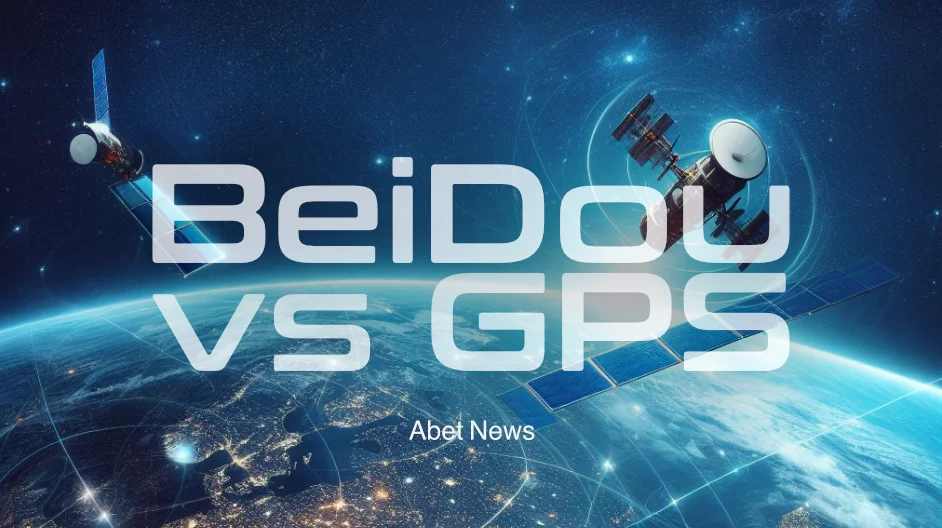BeiDou vs GPS

China’s Rise in Global Satellite Systems
BeiDou is China’s Global Navigation Satellite System (GNSS), which reached full global coverage for the first time in 2020. Like the pioneering US Global Positioning System (GPS), BeiDou provides Positioning, Navigation, and Timing (PNT) data worldwide. BeiDou illustrates Beijing’s strategic deployment of dual-use technology to enhance China’s geopolitical power—a dynamic that increasingly shapes US-China competition below the threshold of war.
BeiDou is not only a military asset, but also a commercial one. The Chinese Communist Party (CCP) takes a broader view of GNSS capabilities and is encouraging foreign nations to rely on BeiDou for civilian uses. In several regions of the world, Beidou and its supporting ground infrastructure provide the most accessible and accurate PNT data of any operating GNSS constellation. BeiDou thereby provides a foundation for Chinese infrastructure exports via the Belt and Road Initiative (BRI) and related Digital Silk Road (DSR) as well as consumer offerings.
BeiDou is one of the four global navigation satellite systems in the world, along with GPS, GLONASS and Galileo. Each system has its own advantages and disadvantages, depending on the number, altitude, and orbit of the satellites, the accuracy and reliability of the signals, the availability and compatibility of the receivers, and the vulnerability and resilience of the system. BeiDou has more satellites than GPS or any other system. It also has more than ten times the monitoring stations in other countries than have been deployed for GPS⁴. As a result, in many places, particularly in the developing world, Beidou’s accuracy is much better.
However, BeiDou is not without challenges. It faces competition from other GNSS providers, especially GPS, which is still the dominant system in terms of global market share and user preference. BeiDou also faces technical and security risks, such as signal interference, jamming, spoofing, and hacking. Moreover, BeiDou’s two-way messaging capability, which allows users to send and receive short messages through the satellites, raises concerns about data privacy and surveillance.
BeiDou’s development and expansion reflect China’s efforts to become a technologically independent nation and its capacity to offer substitutes for Western technologies. BeiDou is part of China’s ambition to achieve tech self-sufficiency amid a tense relationship with Washington. By providing an alternative to GPS, Beidou reduces China’s dependence on a foreign system and enhances its autonomy and sovereignty in the space domain. BeiDou also demonstrates China’s ability to innovate and compete in the field of satellite navigation, which is a key enabler for many emerging technologies, such as 5G, artificial intelligence, and autonomous vehicles.
BeiDou’s internationalization also has implications for China’s soft power and influence. By offering BeiDou services and products to other countries, especially those along the BRI and DSR, China can strengthen its political and economic relationships and promote its image as a responsible and benevolent power. BeiDou can also facilitate China’s infrastructure projects and trade activities in the regions where it operates, such as Africa, Southeast Asia, and the Middle East. BeiDou can also enhance China’s role in global governance and standard-setting, as evidenced by its recognition by the International Civil Aviation Organization as a global standard for commercial aviation. This means that BeiDou has the ability to provide navigation services for global civil aviation and can be used by airlines as a source of navigation service.

BeiDou is a strategic asset for China that can outsmart the US GPS in some aspects, but not in others. BeiDou can emerge as a leading global navigation system, but it will not replace GPS or other systems. BeiDou has positive and negative implications for the US GPS and China’s technological advancement. BeiDou illustrates China’s efforts to become a technologically independent nation and its capacity to offer substitutes for Western technologies. BeiDou can strengthen Beijing’s Belt and Road Initiative and its soft power. BeiDou is a proof that China can deliver dependable worldwide navigation services, which is essential to civil aviation.
Asamura






2 comments on BeiDou vs GPS
Everybody wants to rule the world
Looks impressive